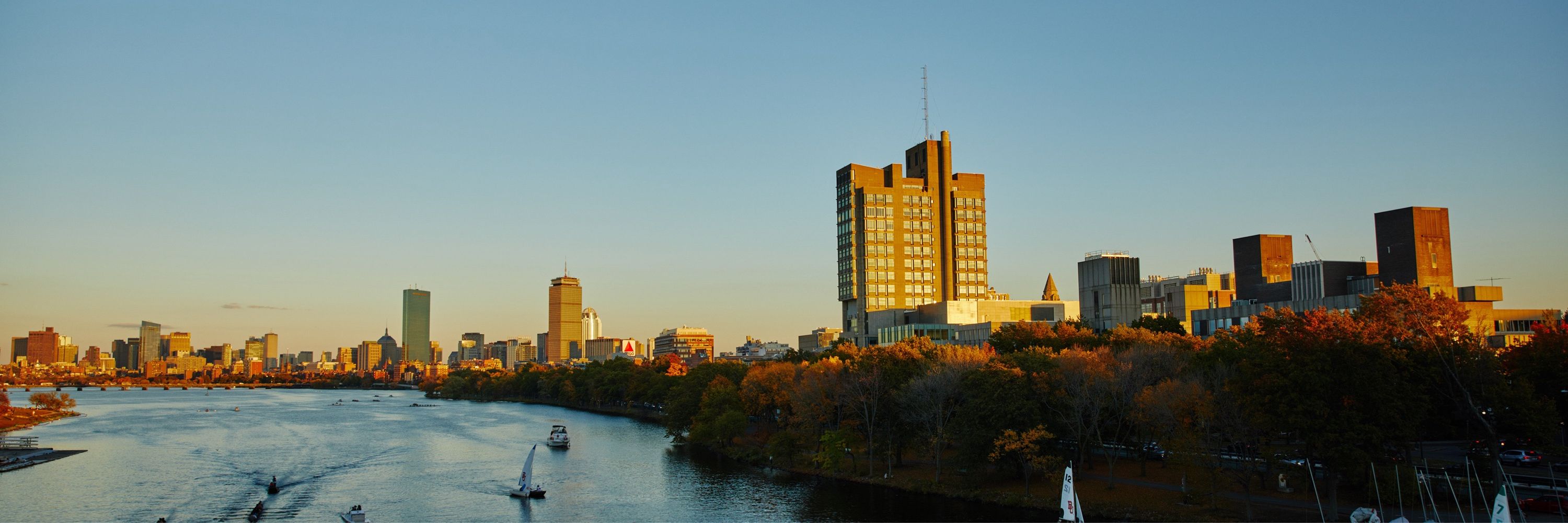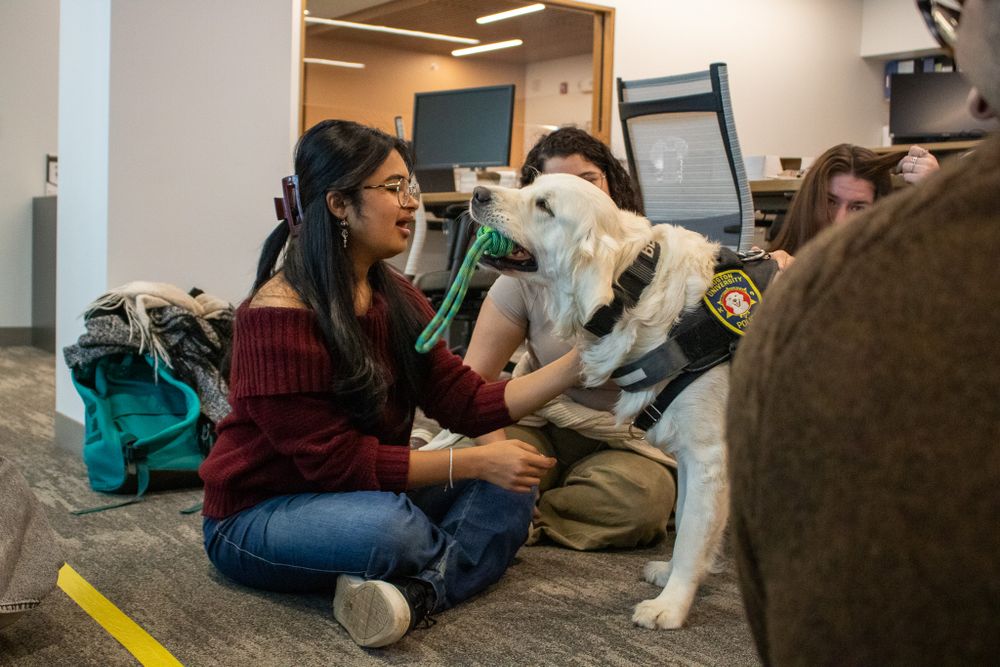Swathi Kiran@Center for Brain Recovery at BU
@swathikiran.bsky.social
810 followers
140 following
250 posts
Brain imaging, aphasia, stroke recovery, neuroscience, bilingualism, connectivity, language in the brain
Posts
Media
Videos
Starter Packs
Reposted by Swathi Kiran@Center for Brain Recovery at BU

















